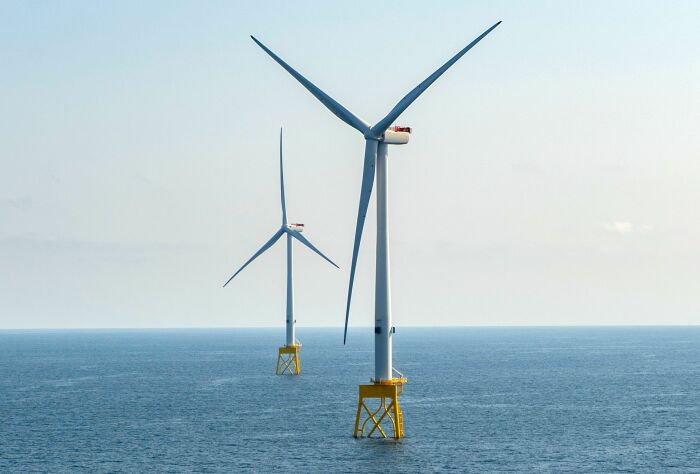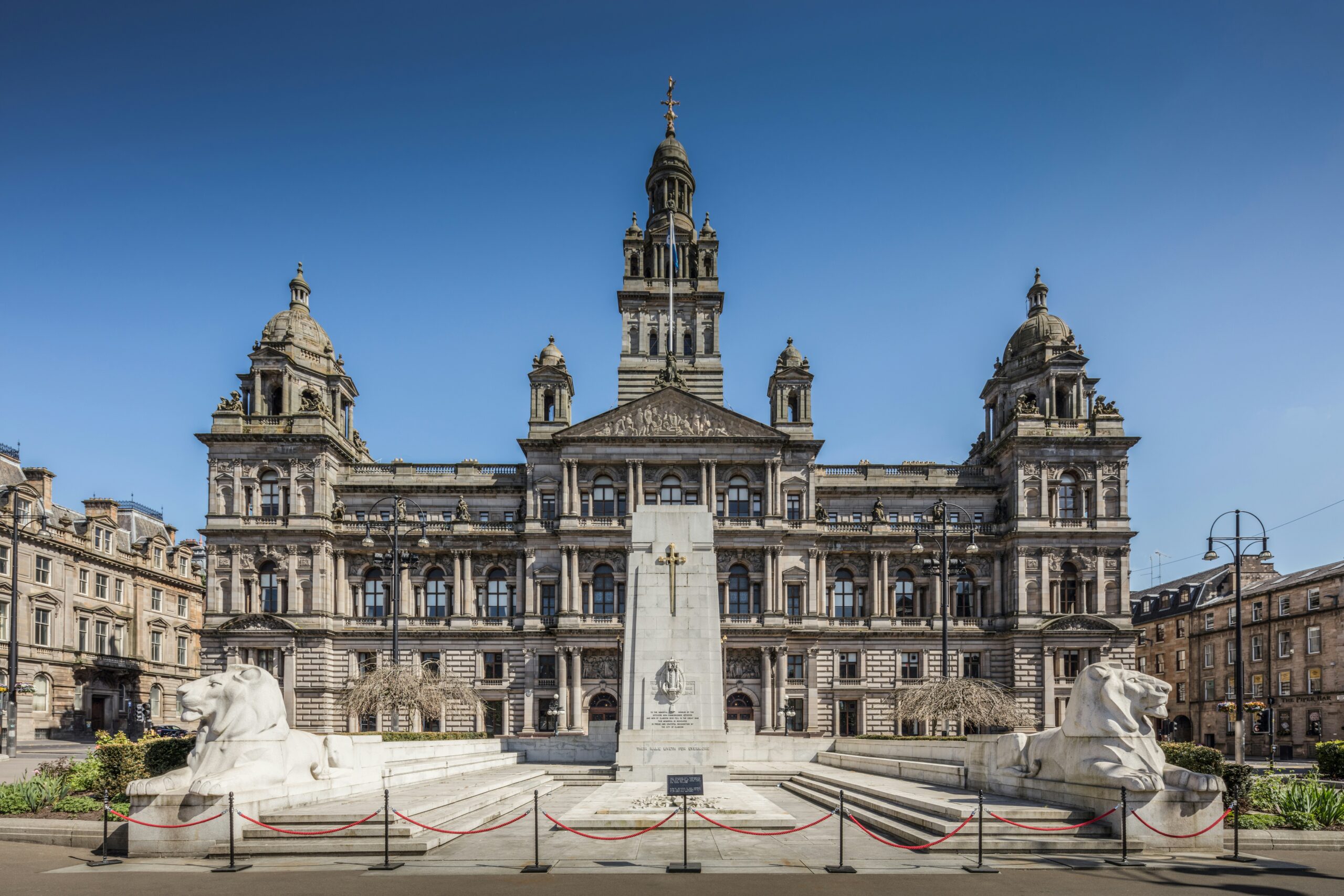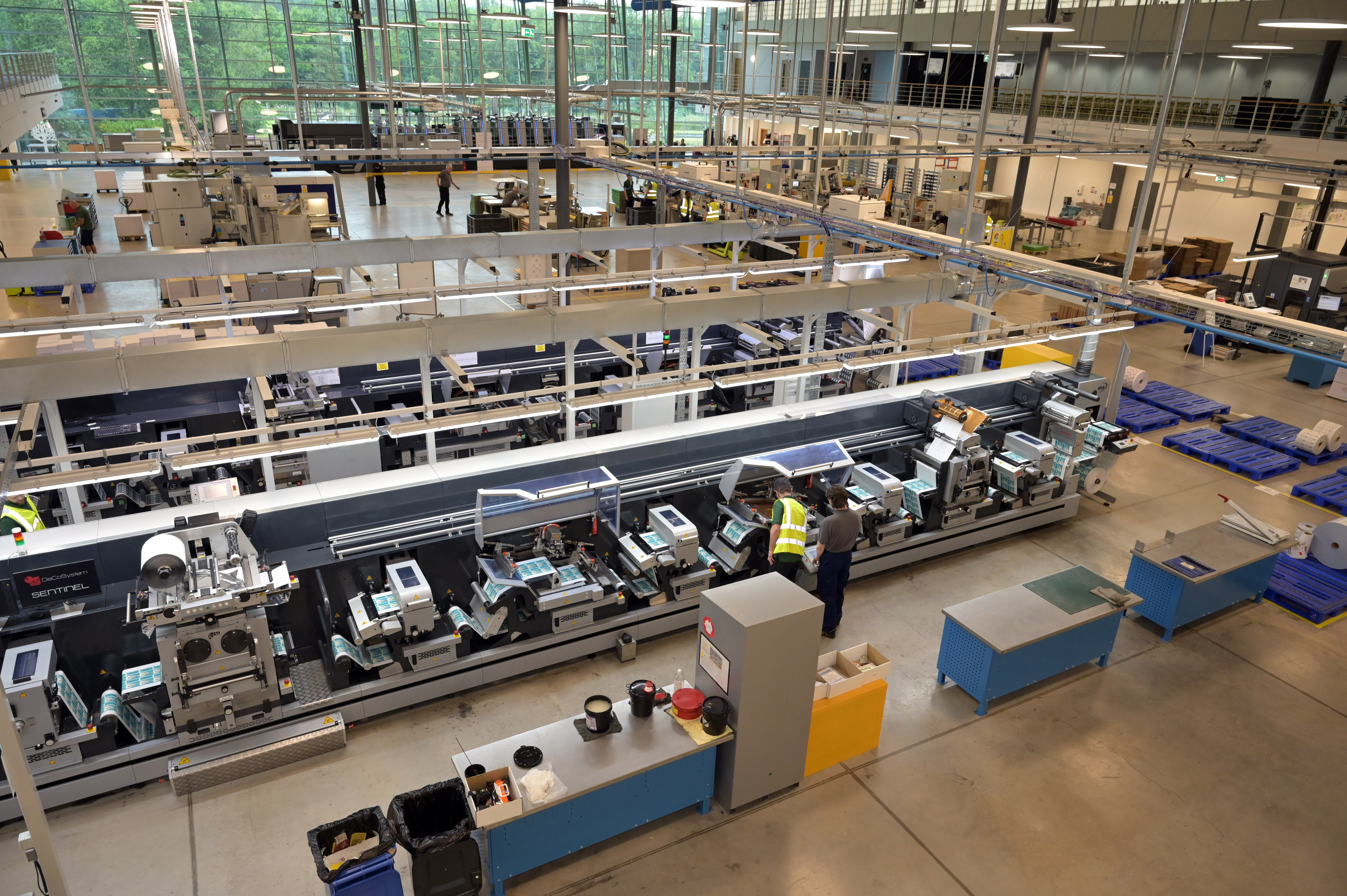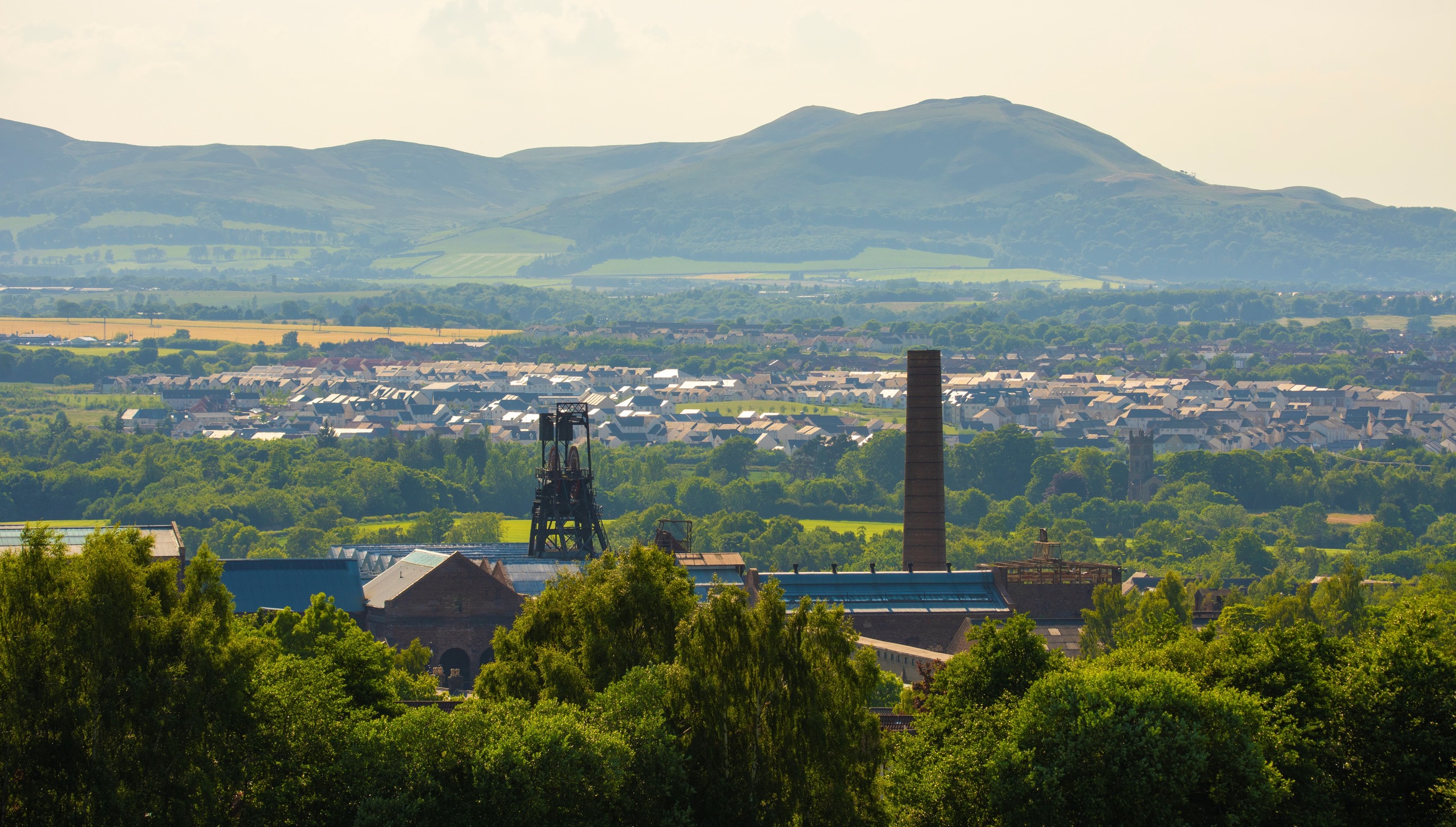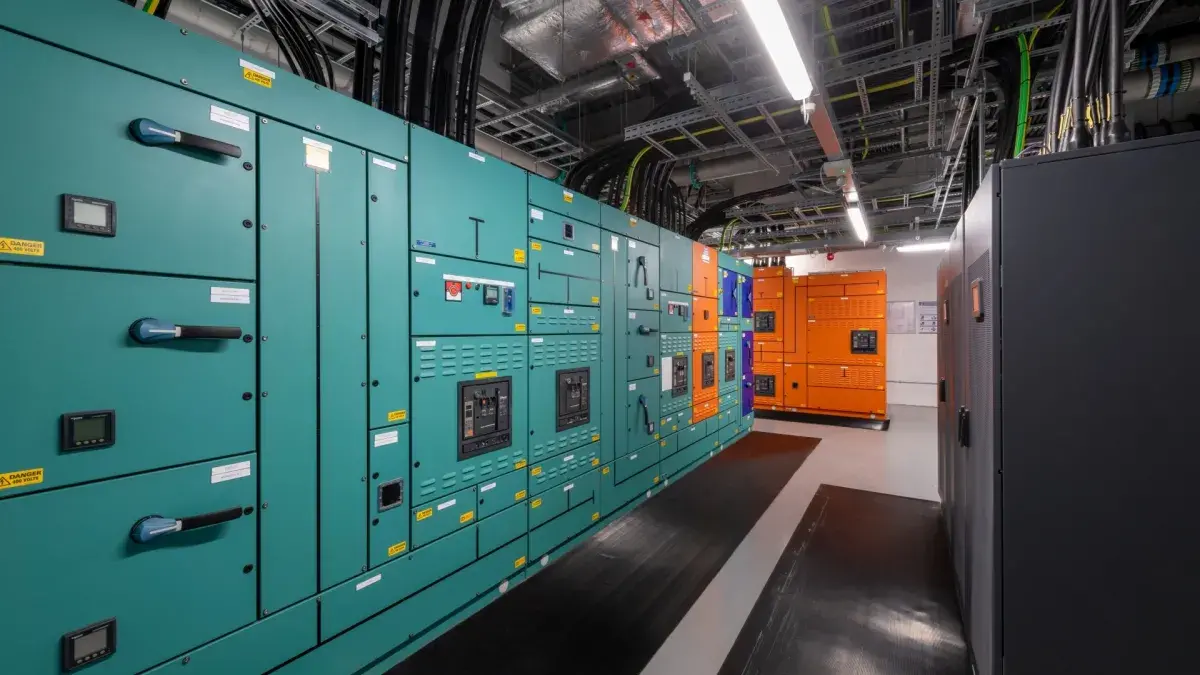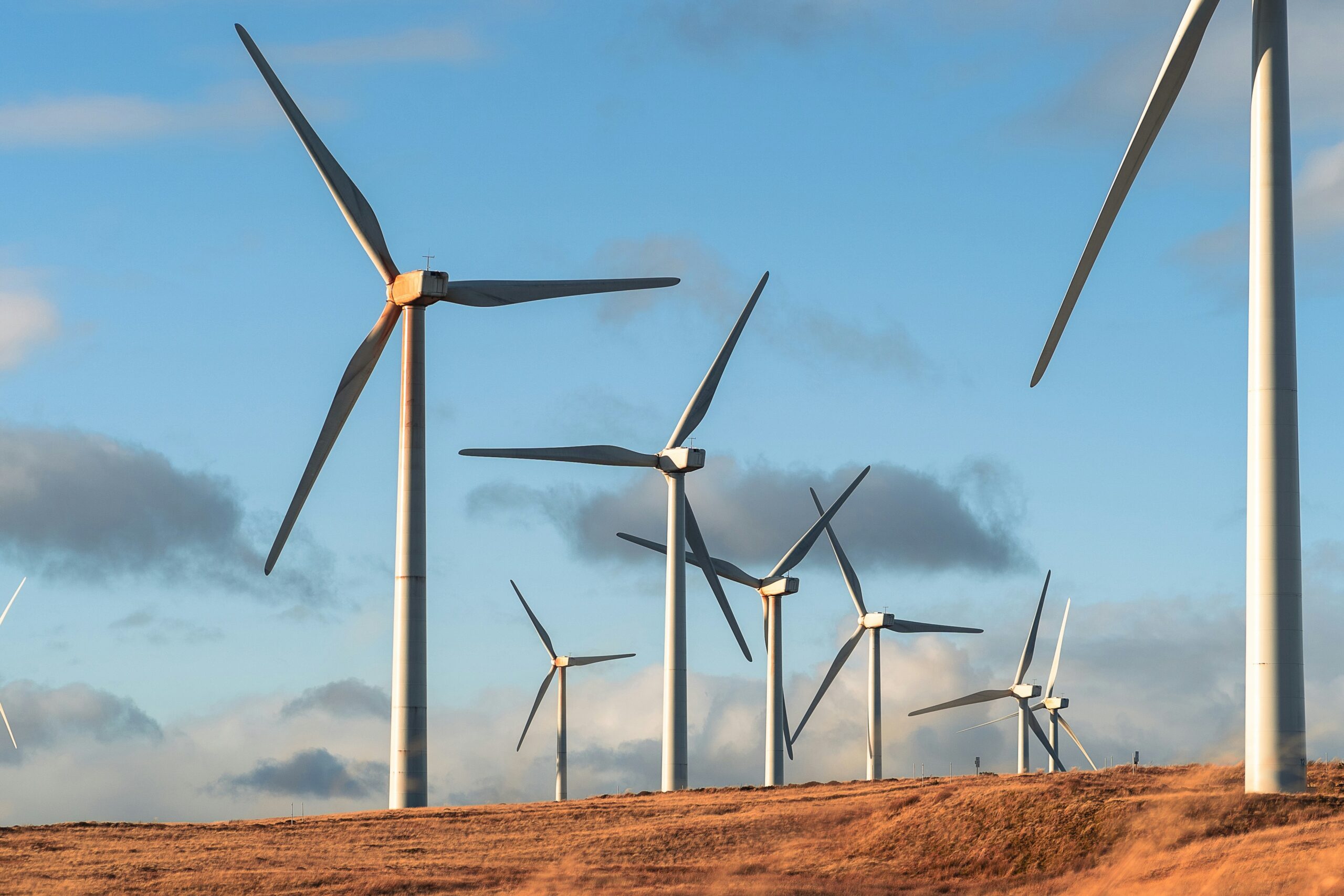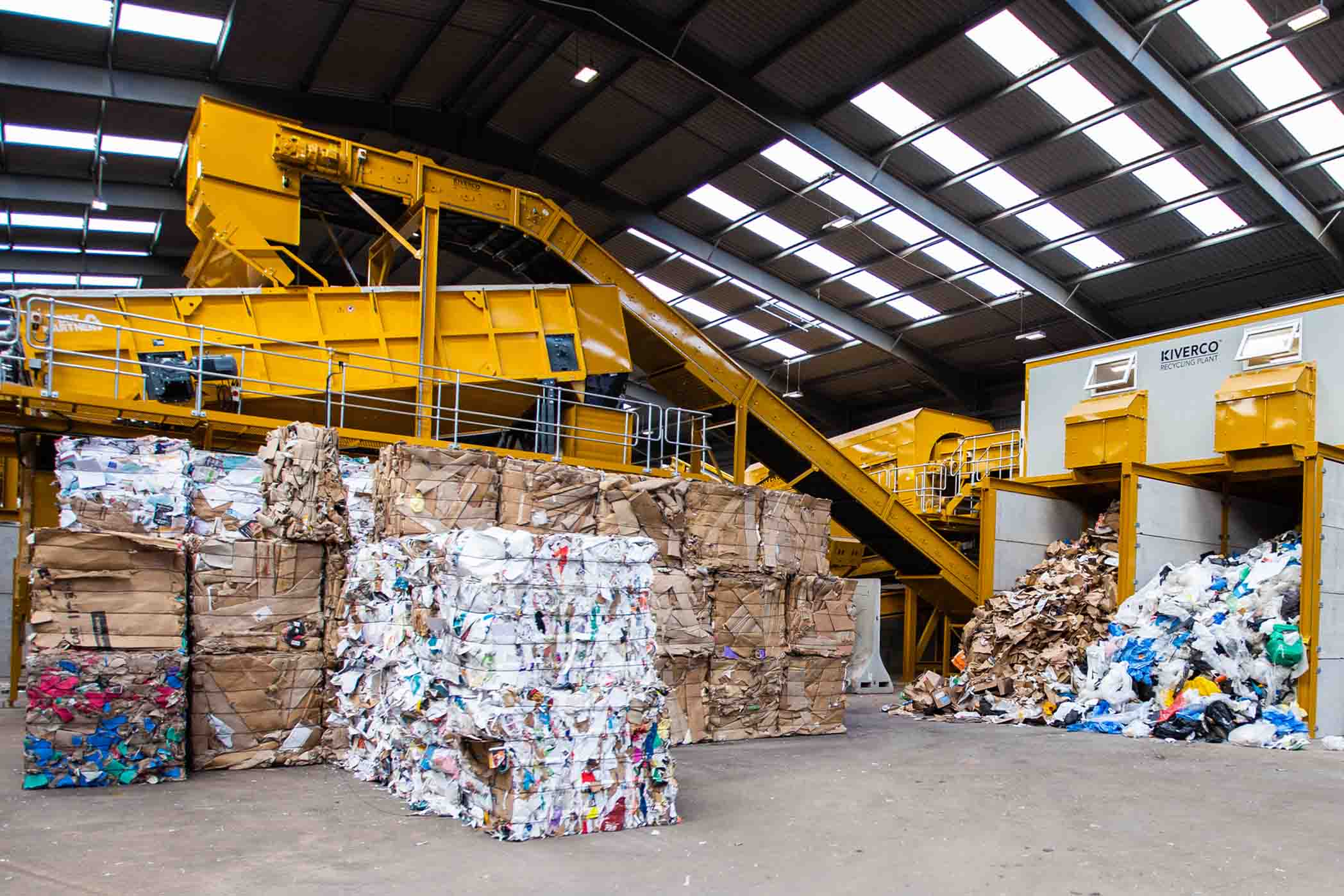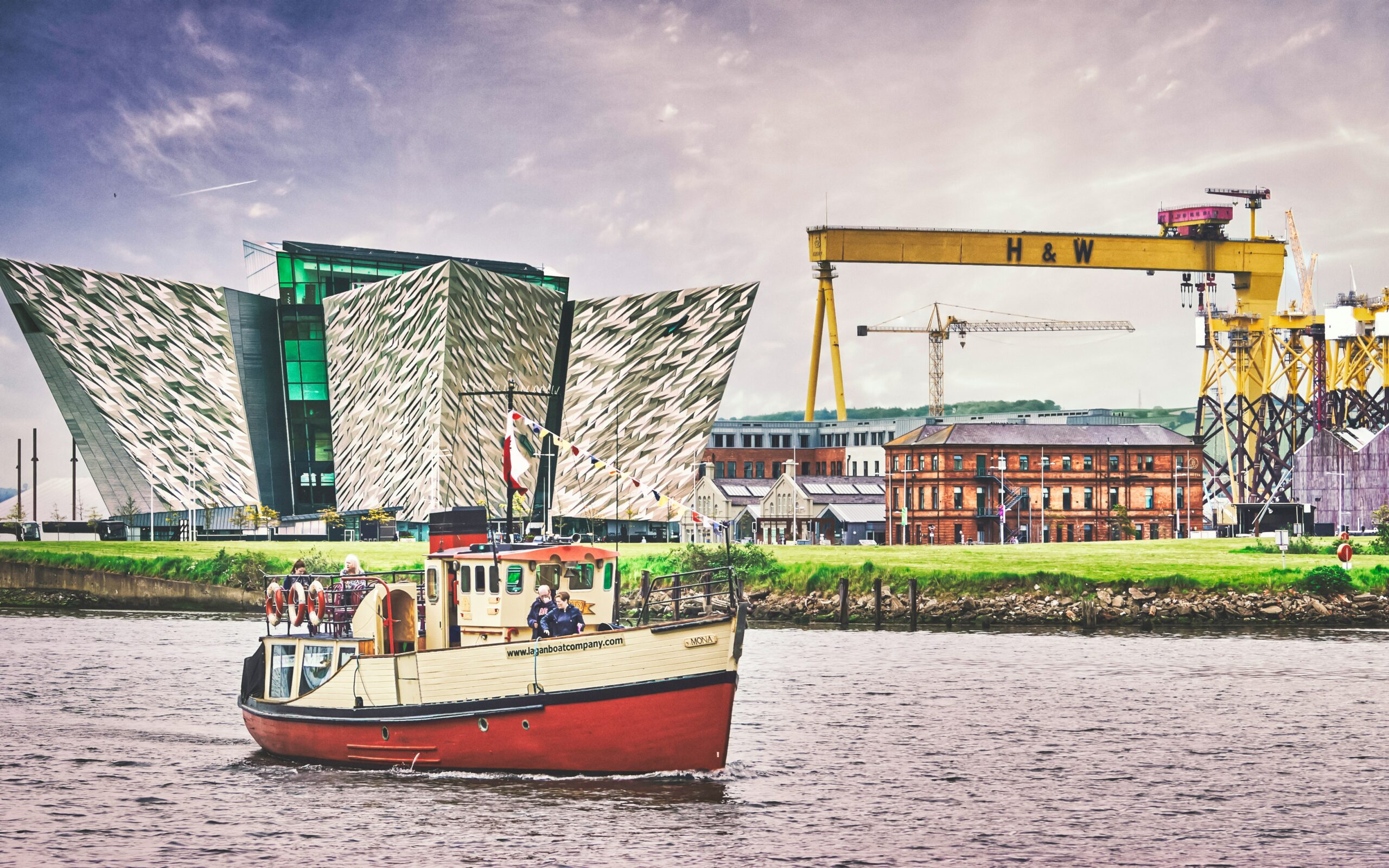
Few Americans recognize the name Oerlikon, yet millions benefit from the Swiss powerhouse’s innovative global technology and engineering solutions. Oerlikon is one of the leading providers of advanced materials, surface engineering, and polymer processing for the automotive, aerospace, energy, tooling, and additive manufacturing sectors. Every time an individual gets into a car or boards an aircraft, they are likely relying on the advanced technology and solutions created by Oerlikon.
All major aeroengine makers utilize the company’s advanced materials technology to control emissions and improve safety and fuel efficiency. Many car and aircraft surfaces, including interiors and vital equipment, such as landing gear, benefit from the company’s advanced surface coatings. Indeed Oerlikon, whose name comes from the district in Zurich where the group originated, creates groundbreaking solutions for some of the world’s greatest challenges.
The Swiss business has a strong international presence in the USA, where it already employs 1,300 personnel. Recently, it has invested in its additive manufacturing (AM) capabilities, more commonly known as 3-D printing. Oerlikon’s state-of-the-art Innovation Hub and Advanced Component Production facility in Huntersville, North Carolina, reflects the vast potential Oerlikon sees in the use of AM in the USA.
The company’s strategists believe AM, which allows 3-D objects of all kinds to be manufactured in a completely new way, can play a decisive role in transforming industrial designs and will spur the next industrial revolution, often called Industry 4.0. AM allows the creation of new components that otherwise could not be achieved. The clear benefits of AM also include weight reduction, material cost savings, greater service life of a product, and increased strength. Manufacturing costs can be reduced, while enhancing product performance and durability. American businesses are not yet fully exploiting the technology’s potential, but as knowledge of the advantages of AM spreads in the USA, Oerlikon will be well-placed to meet the predicted explosion in demand for the new technology.

America ready to bounce back
Chief Executive Officer of Oerlikon, Roland Fischer, is aware of the significant challenges facing the USA today, but is convinced that the world’s biggest economy and technological powerhouse has a bright future.
“The USA is currently divided politically, but eventually I believe the wounds will heal. People will come together just as they do in Switzerland, where we have various referendums every year on sometimes contentious issues. In the end, the Swiss agree to disagree, and I think ultimately the Republicans and Democrats will also come to an understanding for the good of the country,” said Fischer.
Kerstin Flötner, Head of Corporate Communications, Investor Relations and Marketing at Oerlikon, also believes the current skepticism about the use of new technology, particularly in the aerospace and automotive sectors, will fade. “The Boeing 737 Max debacle, and the Volkswagen diesel emissions scandal, ‘Dieselgate,’ certainly had a negative impact and rightly so,” said Flötner. However, she added, “Industry is learning from those mistakes and ultimately technological solutions are required to overcome the main challenges facing the globe, such as climate change and population growth.”
“In some technological areas, such as digitization, the USA and Europe are falling behind Asia,” added Fischer. Cashless mobile payments are an example. The most important challenge of digitization, he says, is to ensure the population adapts to the new trend and starts embracing it.
“Ultimately technological solutions are required to overcome the main challenges facing the globe, such as climate change and population growth.”
Kerstin Flötner, Head of Corporate Communications, Oerlikon
“We need to carefully identify the areas where western societies can remain competitive, and ensure we maintain this competitive advantage by implementing digitization across society,” Fischer stated.
He thinks Switzerland has an advantage in this respect. “The Swiss have a strong awareness of their strengths and a deep intrinsic interest in finding solutions to global questions,” explained Fischer. “This cultural dimension fosters an inquisitive ecosystem where innovation thrives, and this is particularly true of the machine building, chemicals and pharmaceutical sectors, in which Switzerland has a strong base,” added Fischer.
Building a more sustainable future is critical. Oerlikon is committed to developing innovative solutions to improve sustainability. “We help cars and airplanes use less fuel, ensure tools last longer, and improve the manufacturing of textiles. In essence, Oerlikon technologies create products that make more out of less, increasing performance and longevity while simultaneously consuming less energy, reducing costs, and using fewer resources,” explained Flötner.
Oerlikon operates its business in two divisions: surface solutions and manmade fibers. It employs 11,100 personnel at 182 locations in 37 counties. In 2019, the company generated USD 2.7 billion in sales. Its products are targeted at growth markets such as AM, aerospace, energy, tooling, and automotive industries.
Investing in the future
Innovative research and development are essential to Oerlikon and Switzerland given the country’s relatively high cost base and strong currency. “Oerlikon invests heavily in R&D, and constantly seeks to improve its products and services to retain existing customers and attract new ones,” added Fischer.
Oerlikon’s strength in manmade fibers provides a good example of the company’s ability to innovate and produce sustainable solutions. The increase in global population and rise in living standards are boosting demand for clothes and industrial textiles. Manmade fibers require a fraction of the water compared to cotton production and can provide a long-term solution. Oerlikon is working on some ground-breaking innovations in this area, including digitally networked smart factories for fast-tracking and early corrective intervention.
Oerlikon has also played a considerable role in fighting COVID-19. The company’s patented electrostatic charging technology (ecuTEC+ electro-charging unit) is used in the manufacturing of high-efficiency air filters from nonwoven fabric. These provide respiratory protection and are utilized in face masks and protective wear. Most of the protective mask capacities available in Europe are produced on Oerlikon nonwoven textile manufacturing equipment, and demand for Oerlikon’s technology has soared across the globe this year.
Oerlikon’s successful response to the global pandemic underscores its success in developing technology that meets people’s needs. This, in part, explains how the company, first established in 1853, has survived and thrived for the past 168 years. Oerlikon has demonstrated a chameleon-like ability to adapt to change over the decades. Since the global financial crisis, which negatively affected the company’s core businesses, Oerlikon has successfully restructured with a renewed focus on the technologies to power tomorrow’s economies.


